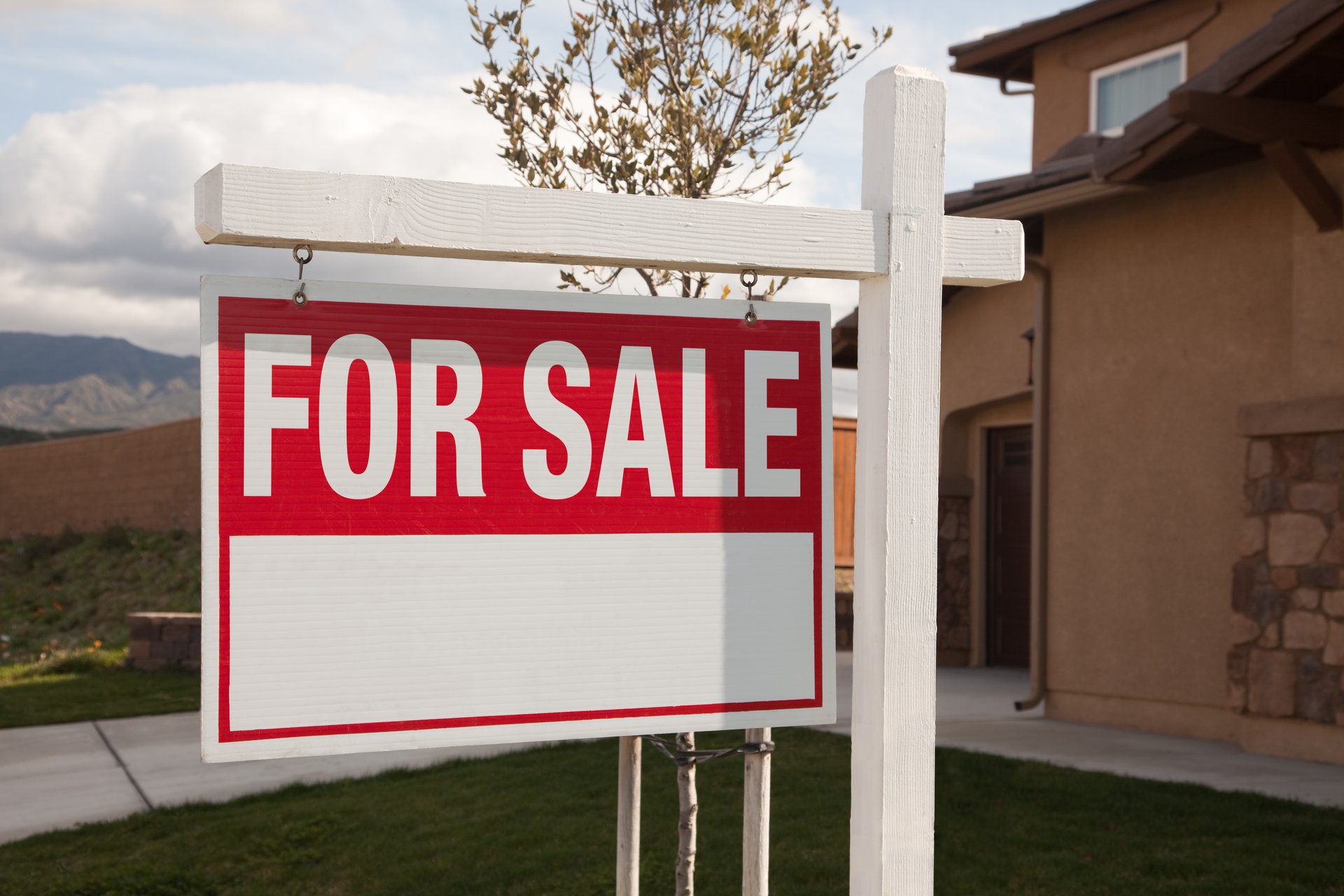
If you’re thinking of selling your house, this is the season. Prices usually experience the largest gains in summer, according to the National Association of Realtors. The weather is pleasant, creating an ideal atmosphere for buying and selling a home.
But getting the best price and doing so quickly requires a sound strategy:
- Should you price the home lower than everyone else in the hope it will sell fast and maybe even spark a bidding war?
- Or should you price it high with the idea that you’ll always be able to drop the price if no one bites?
Ultimately buyers, not you, will decide your home’s value. The best move is to try to put yourself in buyers’ heads so you can see your home as they do and price it accordingly. Here’s how to proceed.
1. Curb your emotions

It is understandably difficult to make business decisions about a home that holds precious memories.
Emotions can make it hard to have a realistic view of your home’s value. Plan to receive advice with an open mind and be as objective as possible.
2. Get the house in tip-top condition
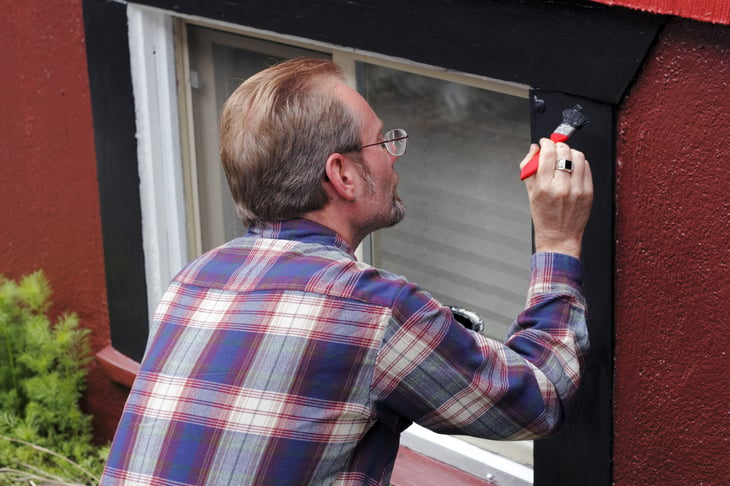
If you want to set your home’s price ambitiously, make sure it is the best-looking property in its price bracket. So, before you list it:
- Make all needed repairs.
- Clean it until it sparkles.
- Upgrade the paint, carpet and fixtures.
- Address potential objections a buyer might have to the home.
3. Tour competing listings
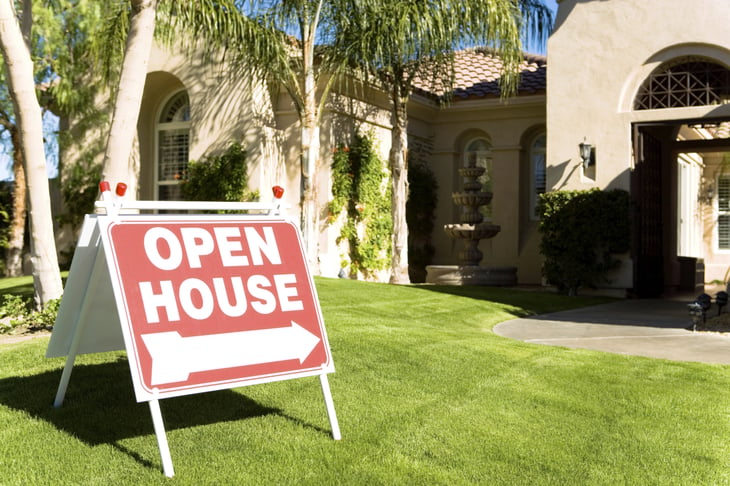
Become acquainted with the competition by viewing properties for sale in your market in your price bracket. Do this several weeks before putting your home on the market.
4. Get a comparative market analysis

Ask a real-estate agent for a free comparative market analysis, in which the agent gathers data on recently sold homes nearby in your price range. These are your home’s “comparables,” or “comps.”
5. Have a heart-to-heart with your agent

If your agent pushes for a lower price than you think is justified, it’s in your best interests to question and understand the reasons. Agents do have an incentive to price a home lower in order to sell it, make a commission and move on to the next sale.
Agents with integrity can balance their needs with yours and can explain which strategies work best in your market. It’s critical to find an agent you can trust. Collect recommendations from friends and relatives and interview several agents in your search for a trustworthy professional.
6. Find your own comps
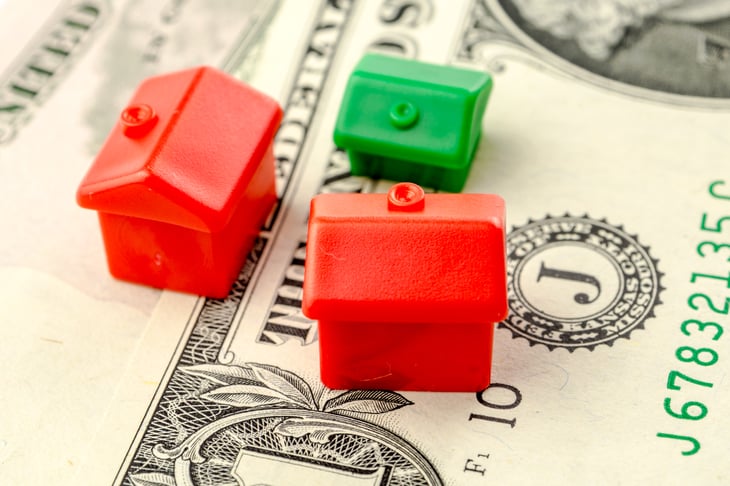
Even if you are working with an agent, it’s a good idea to use the online tools available to buyers to learn all you can about your competition. This gives you expertise in your market, and you might find comps that your agent missed.
Pay particular attention to how competing homes are similar to your property and how they’re different.
7. Hire an appraiser
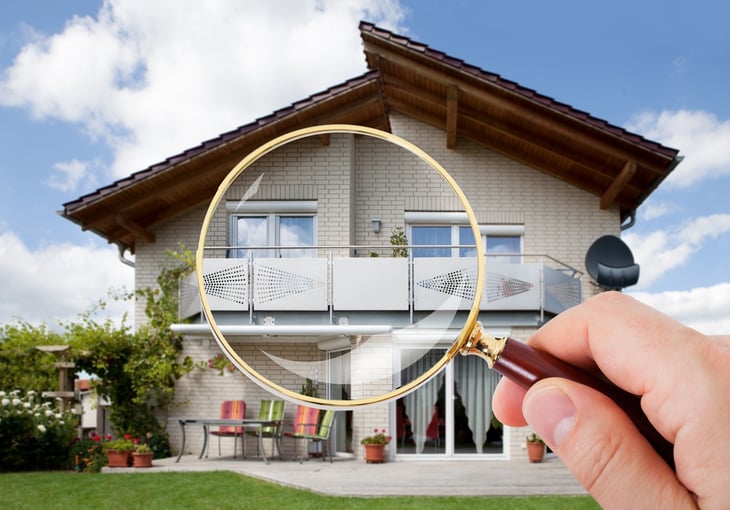
If you want more precision than an agent’s market analysis, hire an appraiser — a professional whose job it is to determine the market value of a home. Use this locator at the Appraisal Institute, which educates and certifies appraisers, to find an appraiser near you.
Make sure your appraiser has lots of experience with homes in your market and in your neighborhood.
8. Hold an open house for friends and family

When your home is in tip-top condition and ready to be listed, give your friends and family a tour and ask their advice on pricing.
9. Listen to your agent’s colleagues

If you engage a real estate agent, your agent typically will hold an open house for other agents, asking what they think the price should be. The collective wisdom of real-estate professionals who know your market can be valuable.
10. Avoid zeros

You probably are familiar with the rule of thumb in sales that says you should avoiding using a price that ends with a zero. Zeros invite buyers to negotiate, the thinking goes. Instead, the idea is to end a price with a 9 — $239,000 (instead of $240,000), for example.
Even though this is a well-recognized sales tactic, the 9 supposedly conveys deliberateness and appears firm. Too many 9s at the end can be off-putting, though — $239,999 just looks tacky.
11. Embrace zeros

A contrary school of thought says zeros are helpful when pricing a home for internet searches.
Here’s the thinking: Pricing a home at $400,000, for example, gets double the exposure because the property will appear in results for internet searches for homes priced between $300,000 and $400,000, and also in searches for properties between $400,000 and $500,000. A home priced at $399,000 will only appear in search results for homes priced at less than $400,000.
Have you recently sold a home? Share your experience in comments below or on our Facebook page.





Add a Comment
Our Policy: We welcome relevant and respectful comments in order to foster healthy and informative discussions. All other comments may be removed. Comments with links are automatically held for moderation.